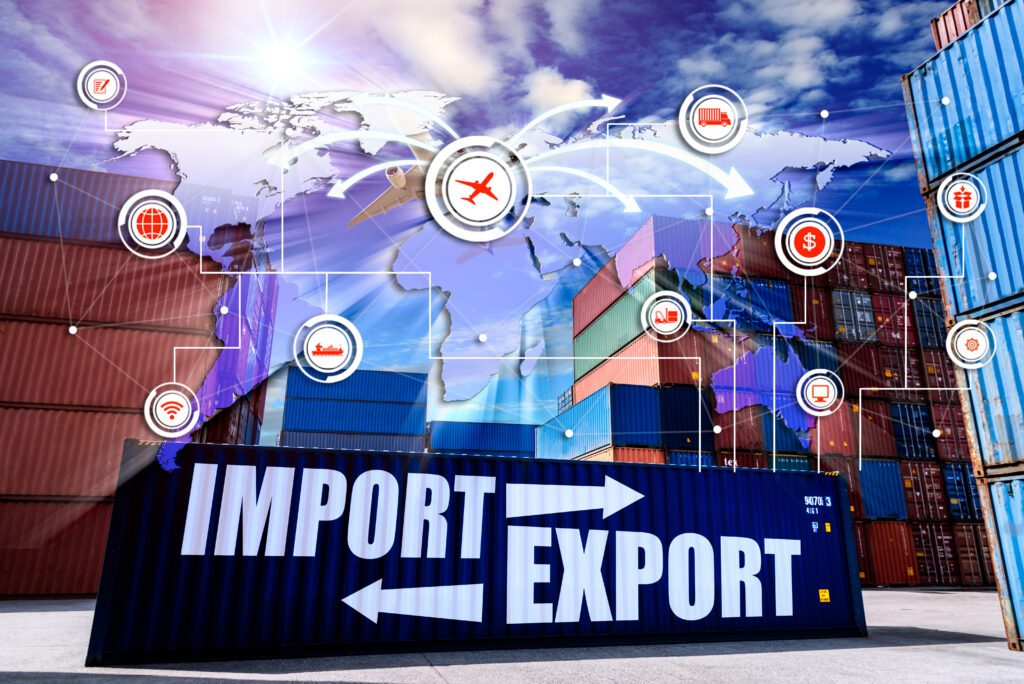Introduction
In our globalized world, offshore manufacturing has become a cornerstone of international trade and supply chain management. However, this intricate web of production has not been immune to the effects of tariffs and geopolitics.
Tariffs, as tools of economic policy, and geopolitics, driven by international relations and power dynamics, have significantly shaped the landscape of offshore manufacturing. In this blog, we will explore how tariffs and geopolitics have influenced offshore manufacturing over the years, delving into their effects on industries, countries, and global economic dynamics.
The Rise of Offshore Manufacturing
Offshore manufacturing involves the production of goods in countries with lower labor costs, regulatory environments, or other advantages compared to the manufacturer’s home country. This practice became increasingly popular over the past few decades as companies sought to reduce costs and expand their markets. Countries like China, with its vast workforce and competitive advantages, became manufacturing hubs for a wide range of products.
Impact of Tariffs
Tariffs, also known as import duties, are taxes imposed on goods when they cross international borders. Governments use tariffs as tools to protect domestic industries, influence trade flows, and address trade imbalances. Tariffs can significantly impact offshore manufacturing in several ways:
Disruption of Supply Chains: Tariffs on imported components or raw materials can disrupt global supply chains, as manufacturers may need to find alternative sources or pay higher prices. This can lead to increased costs and potential delays in production.
Reshoring Considerations: High tariffs on imports can make it more attractive for companies to bring manufacturing back to their home countries. This has been particularly evident in industries with high-value, sensitive technologies, or products where security concerns are prominent.
Industry Shifts: Tariffs can influence the competitiveness of industries in various countries. Some industries may flourish due to tariff protection, while others may struggle when their access to cost-effective offshore production is limited.
Consumer Impact: Tariffs can lead to higher prices for imported goods, which can affect consumers’ purchasing power and overall demand for products. This can be a concern for both importing and exporting countries.
Geopolitics and Offshore Manufacturing
Geopolitical factors, shaped by international relations, power struggles, and alliances, play a significant role in offshore manufacturing:
Trade Agreements: Geopolitical dynamics impact the negotiation and ratification of trade agreements that can greatly affect manufacturing. Favorable trade agreements can facilitate the movement of goods and reduce trade barriers, making offshore manufacturing more attractive.
Political Stability: The political stability of a country affects the confidence of manufacturers in establishing offshore operations. Geopolitical tensions and uncertainties can lead to supply chain disruptions and shifts in manufacturing locations.
Risk Assessment: Geopolitical factors influence risk assessments for manufacturing operations. Companies need to consider potential disruptions due to conflicts, trade embargoes, or other geopolitical events that could impact their supply chains.
Intellectual Property Protection: Geopolitical considerations can affect the protection of intellectual property in offshore manufacturing. Companies may choose manufacturing locations based on the strength of intellectual property laws and enforcement.
Conclusion
The relationship between tariffs, geopolitics, and offshore manufacturing is complex and multifaceted. Changes in trade policies and geopolitical events can have far-reaching consequences on global supply chains and the manufacturing landscape. Manufacturers must carefully assess the risks and benefits of offshore operations in light of these factors.
While offshore manufacturing remains a critical strategy for many businesses, the balance between cost savings and the impacts of tariffs and geopolitical uncertainties continues to evolve. As the world navigates through changing trade dynamics and international relations, it’s clear that the interplay of these forces will continue to shape the offshore manufacturing landscape.

